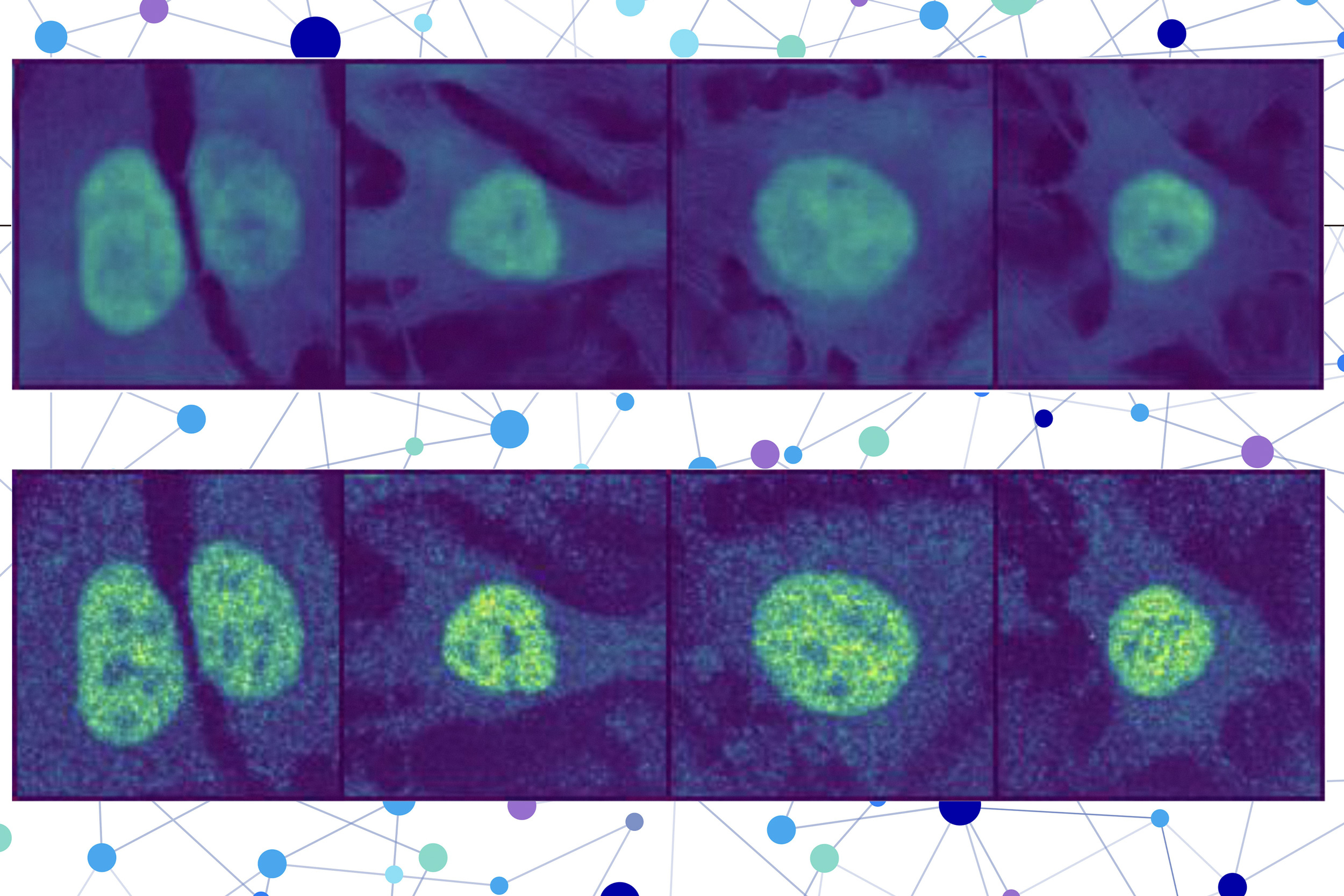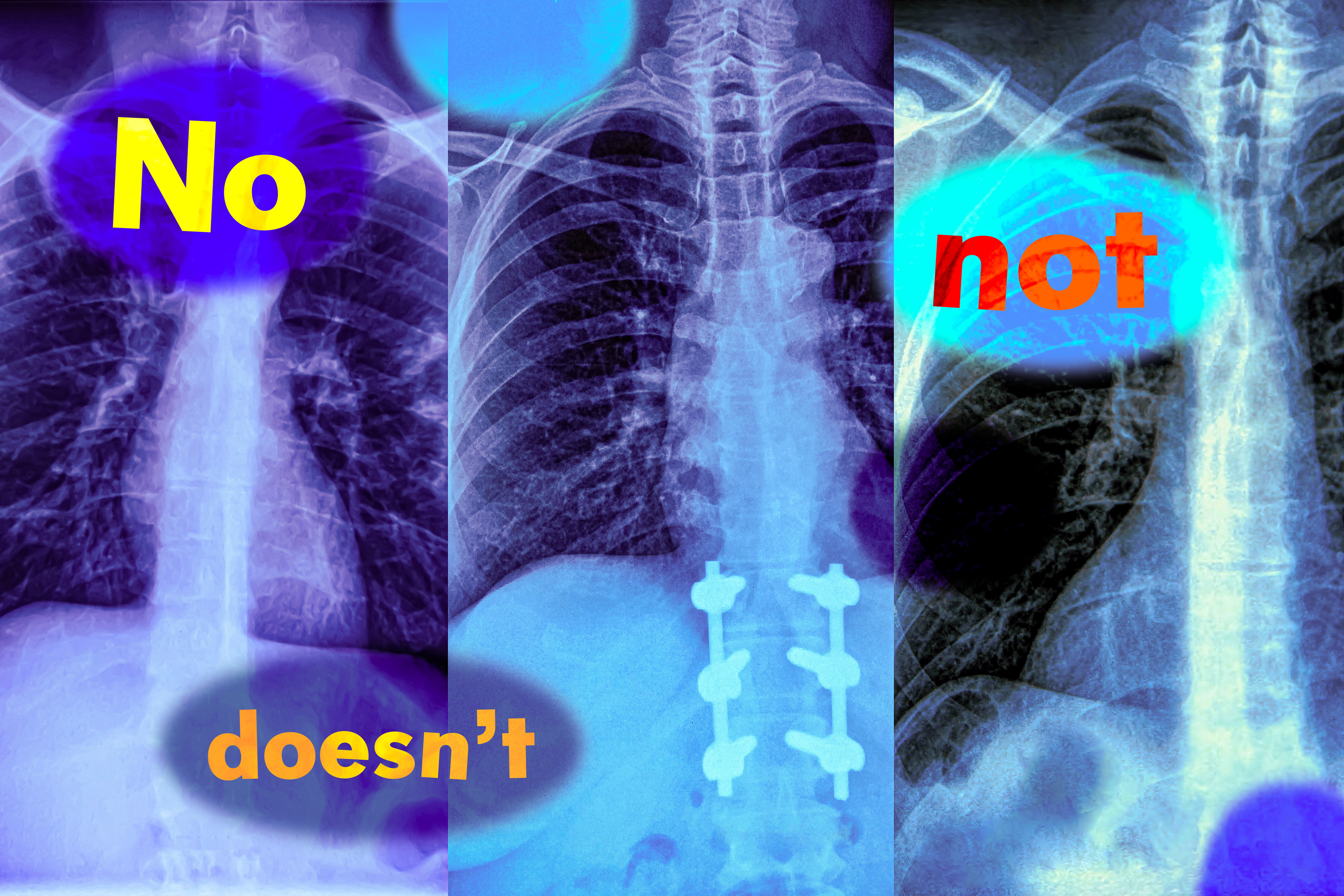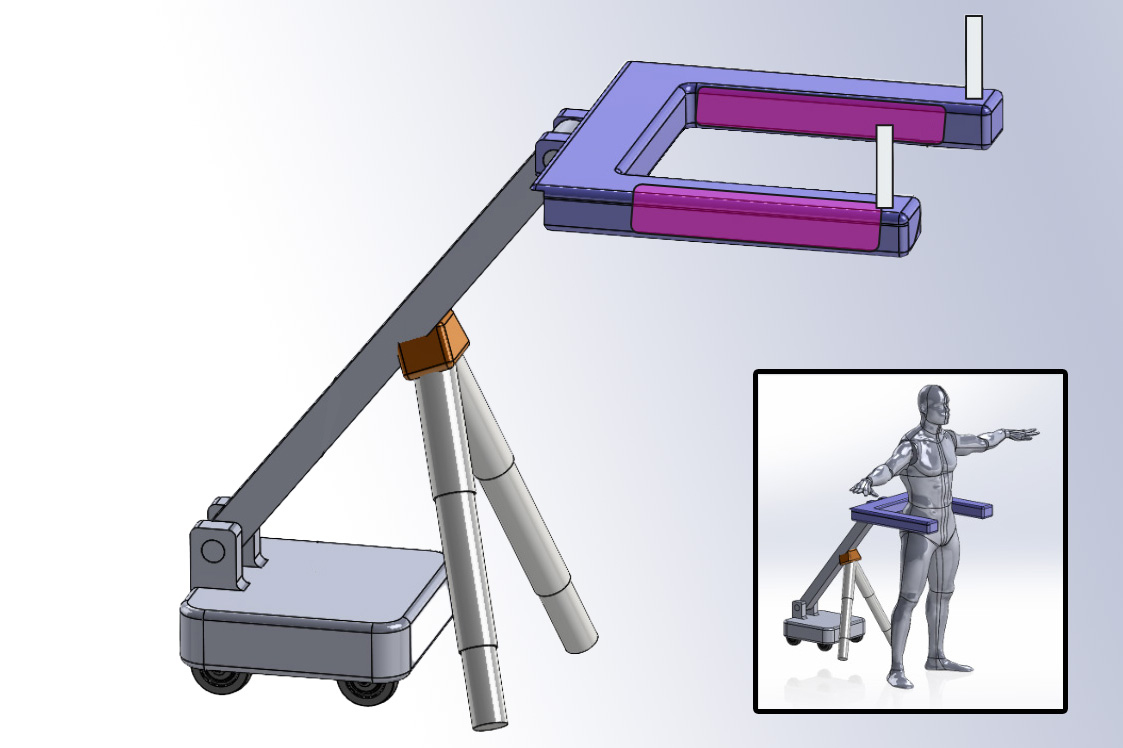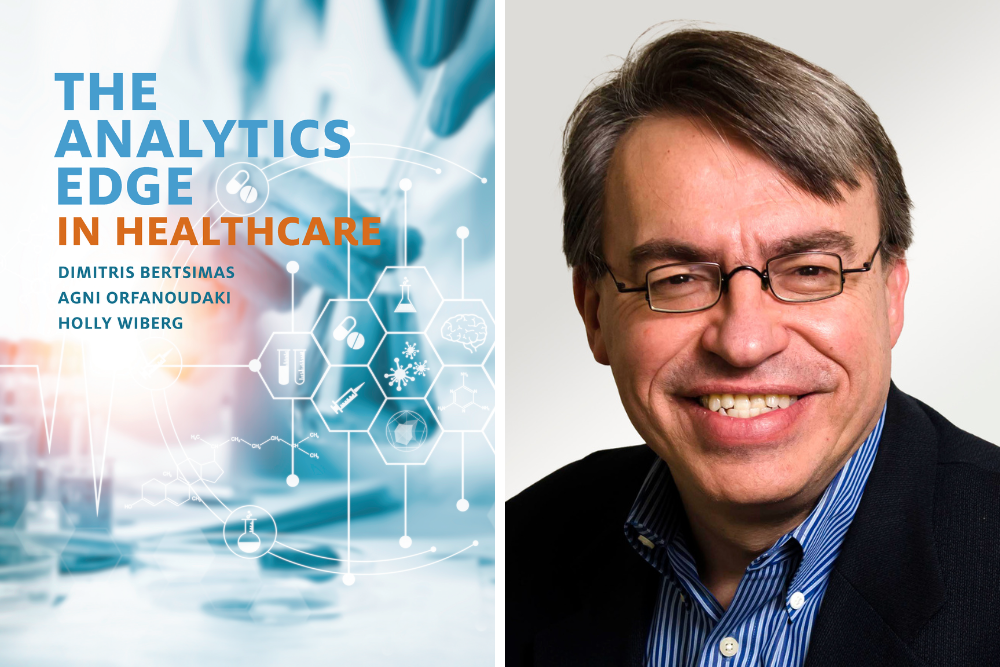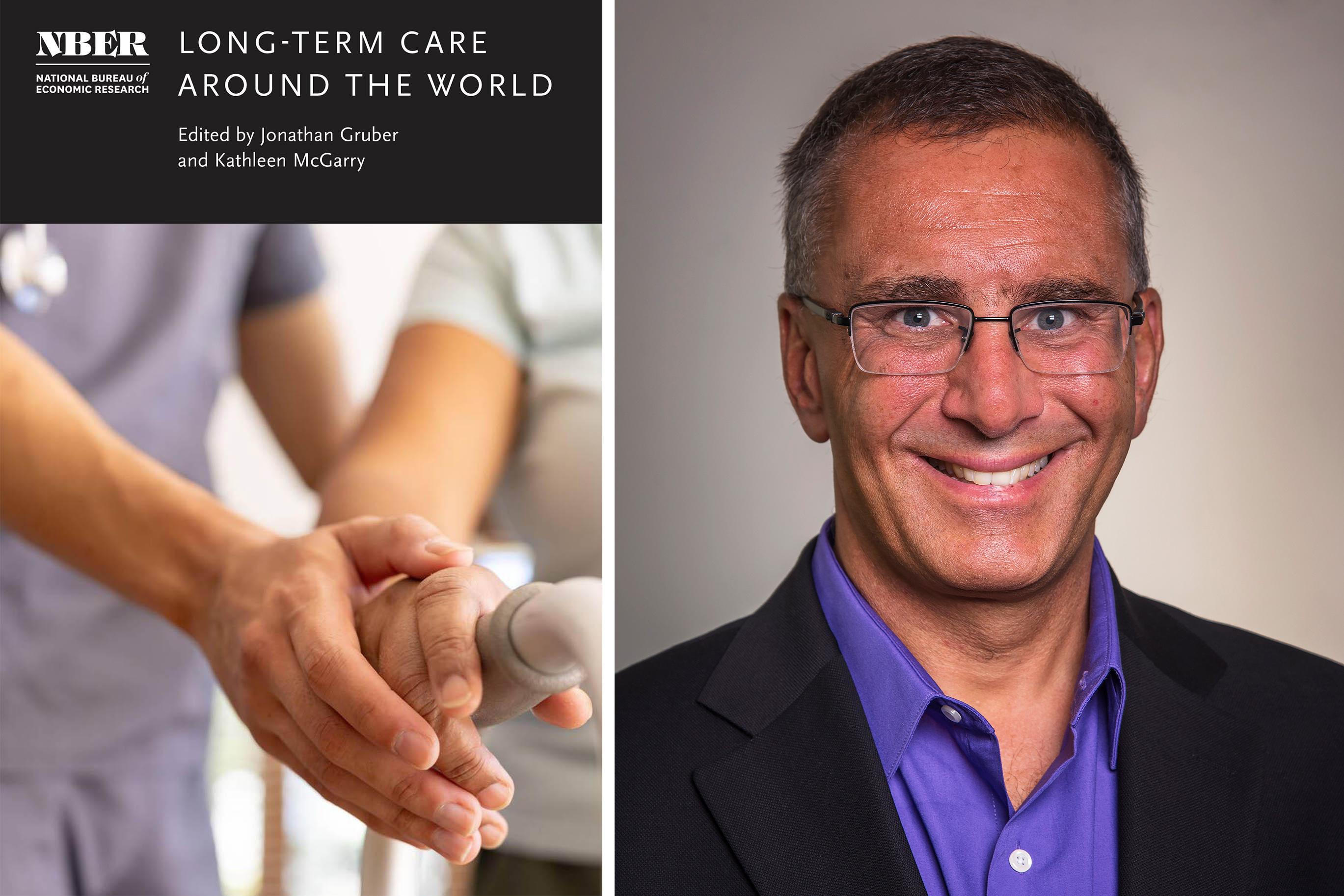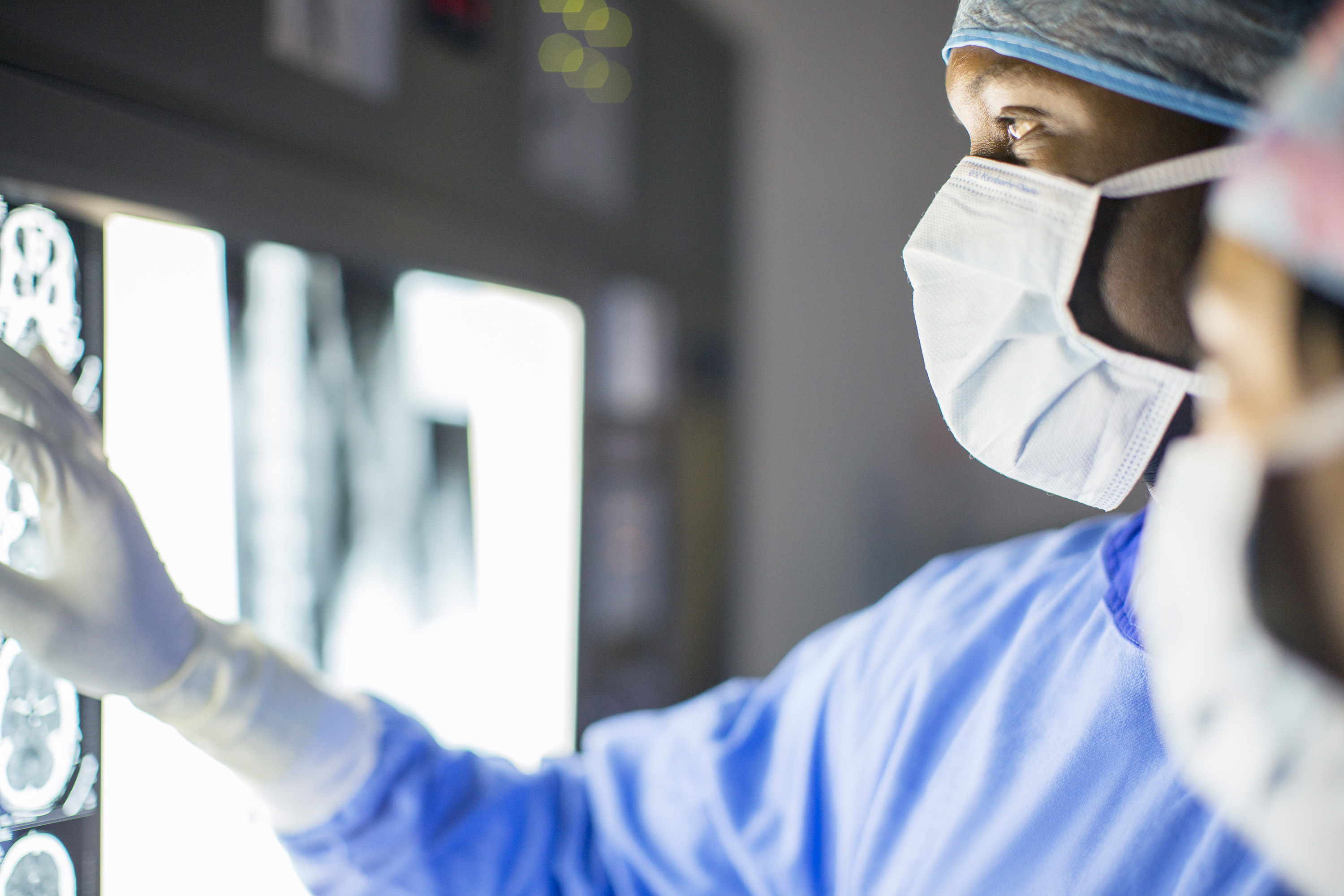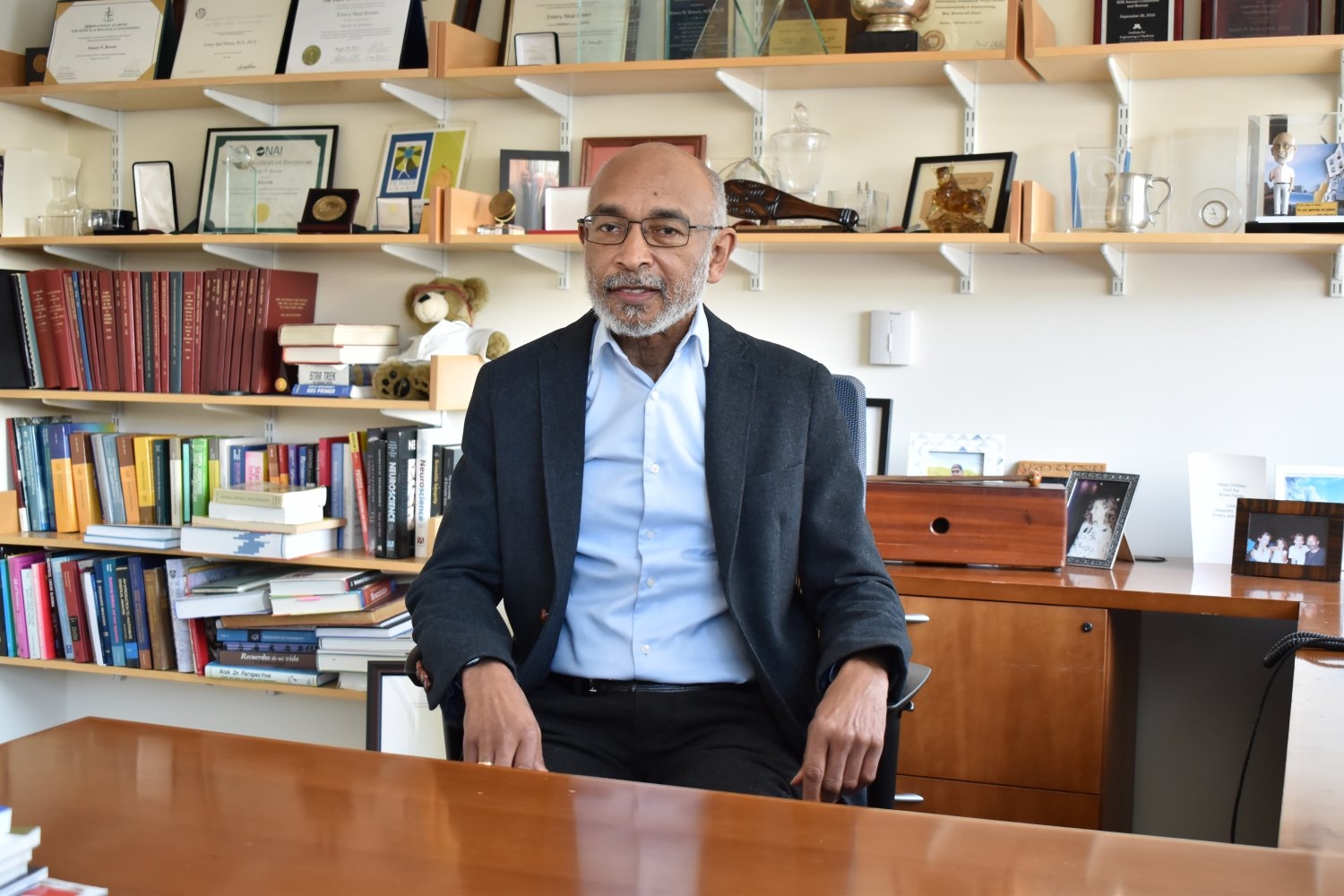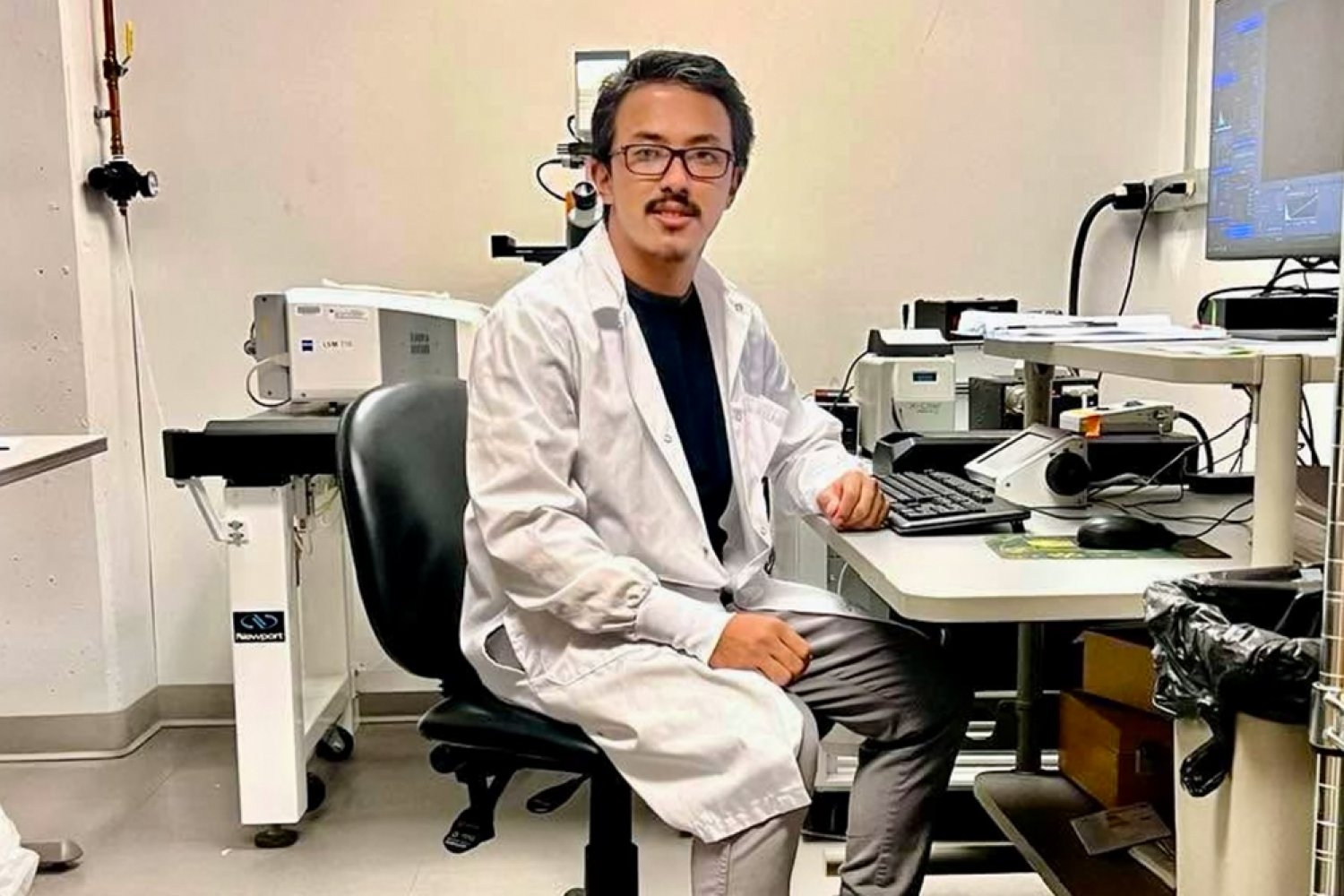Science that gives humans more say over their destinies
David Liu’s gene-editing technologies demonstrate game-changing potential in two recent cases
Harvard Gazette
• harvard
June 2, 2025 • ~8 min
June 2, 2025 • ~8 min
In kids, EEG monitoring of consciousness safely reduces anesthetic use
Clinical trial finds several outcomes improved for young children when an anesthesiologist observed their brain waves to guide dosing of sevoflurane during surgery.
David Orenstein | The Picower Institute for Learning and Memory •
mit
April 29, 2025 • ~6 min
April 29, 2025 • ~6 min
/
37


